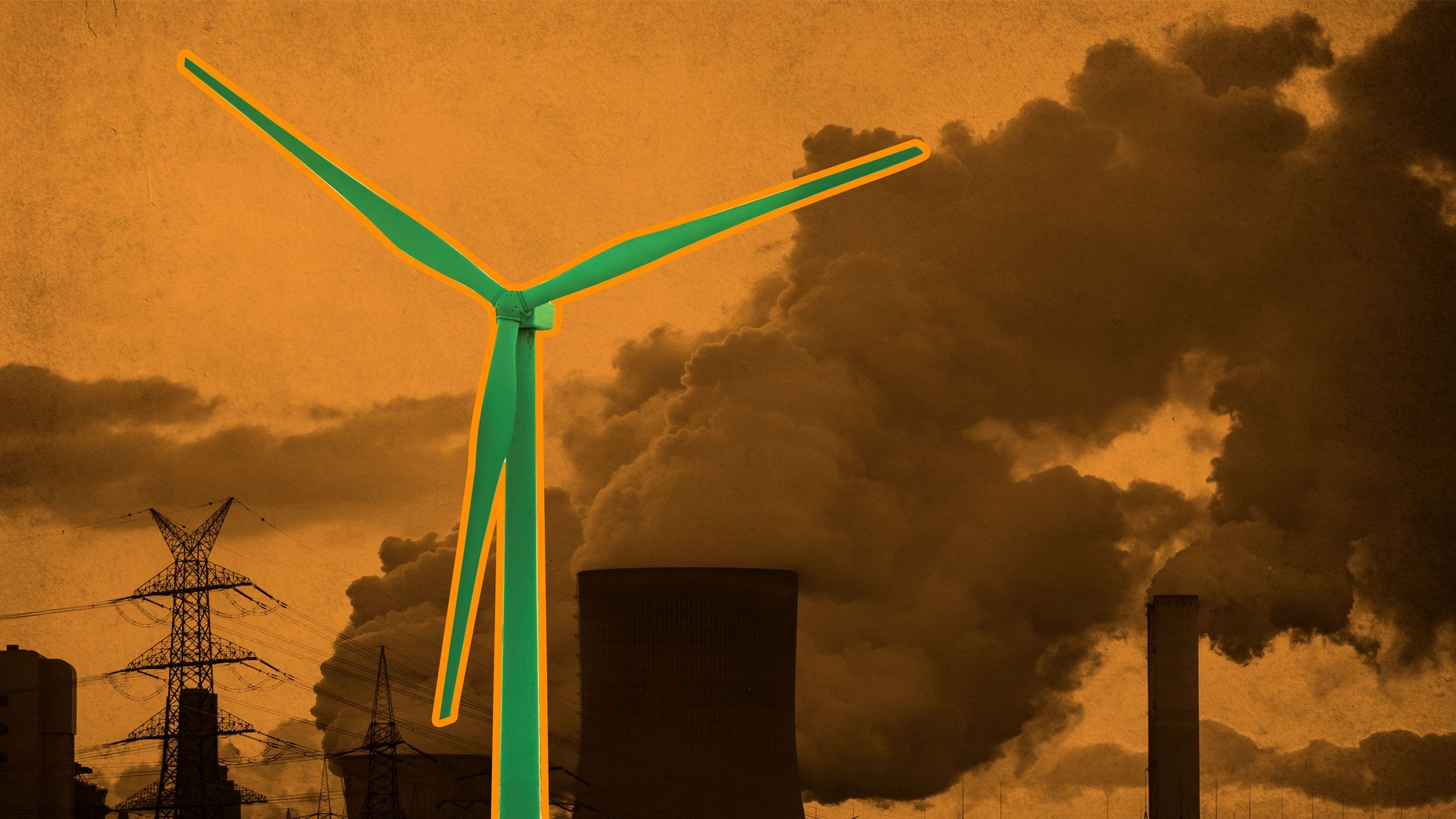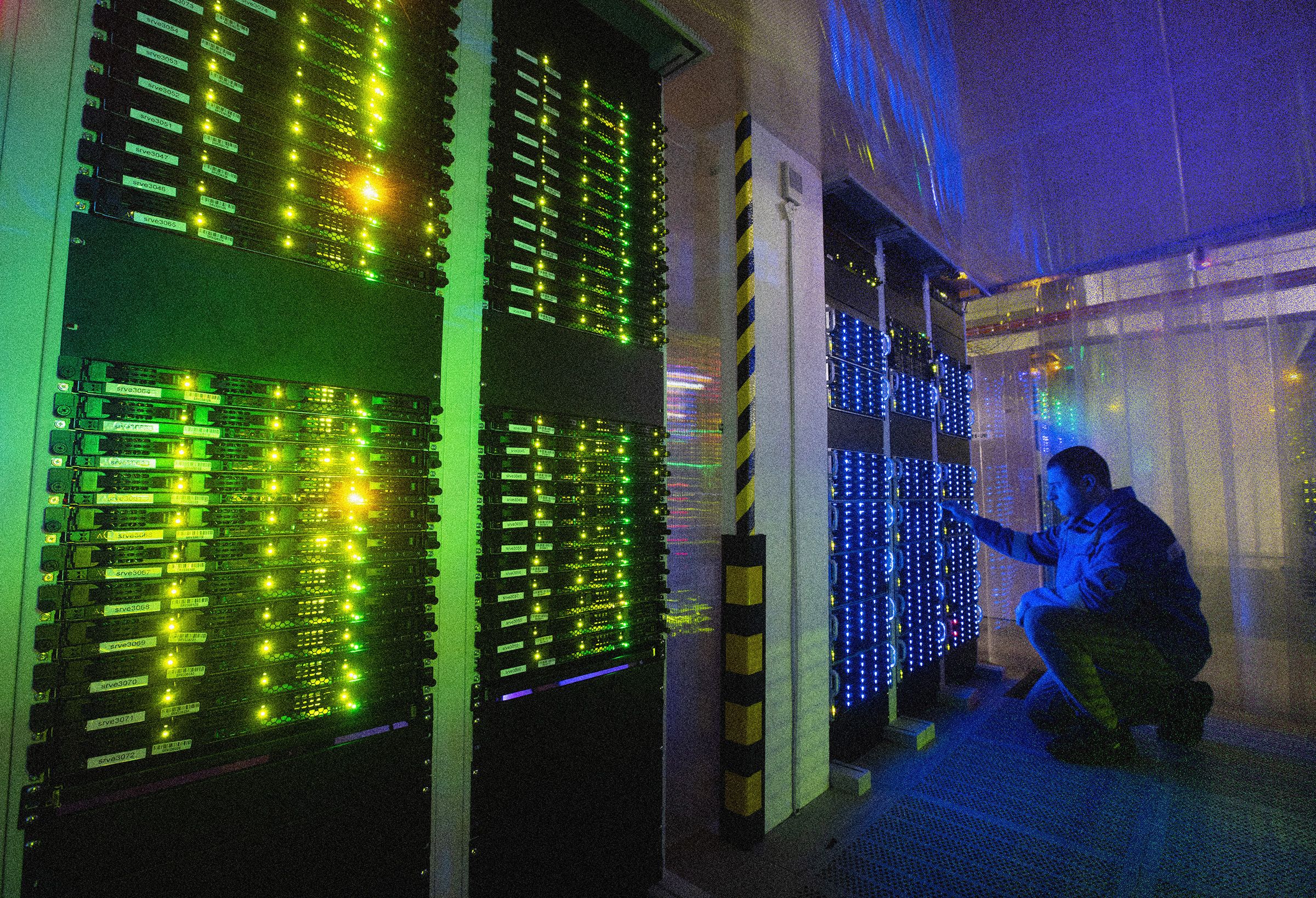Global Emissions Could Peak Sooner Than You Think
Global Emissions Could Peak Sooner Than You Think
There is increasing evidence to suggest that global emissions of greenhouse gases could peak sooner than…

Global Emissions Could Peak Sooner Than You Think
There is increasing evidence to suggest that global emissions of greenhouse gases could peak sooner than previously anticipated. This is largely due to the rapid growth of renewable energy sources, such as solar and wind power, which are now cheaper and more efficient than ever before.
Many countries around the world are setting ambitious targets to reduce their carbon footprint, with some even committing to becoming carbon neutral in the coming decades. This shift towards cleaner energy sources is crucial in combating climate change and mitigating its harmful effects.
Experts believe that if we continue on this trajectory, we could see a peak in global emissions within the next decade. This would be a significant milestone in the fight against climate change and could help to avoid the worst impacts of global warming.
However, there is still much work to be done. Governments, businesses, and individuals all play a role in reducing emissions and transitioning to a more sustainable way of living. This will require significant investments in renewable energy, as well as policy changes to incentivize green technologies and practices.
Despite the challenges ahead, there is reason for optimism. The technology and knowledge needed to reduce emissions already exist, and many countries are taking proactive steps to address the climate crisis. By working together, we can achieve a sustainable future for our planet and all its inhabitants.
In conclusion, the idea that global emissions could peak sooner than expected is a hopeful possibility that we must strive to make a reality. By continuing to prioritize sustainability and invest in renewable energy, we can move closer to a world that is not only cleaner and healthier, but also more resilient in the face of climate change.






